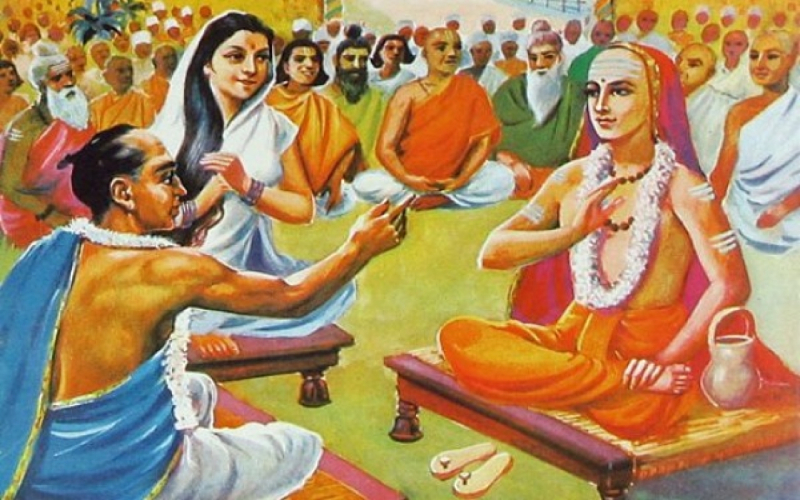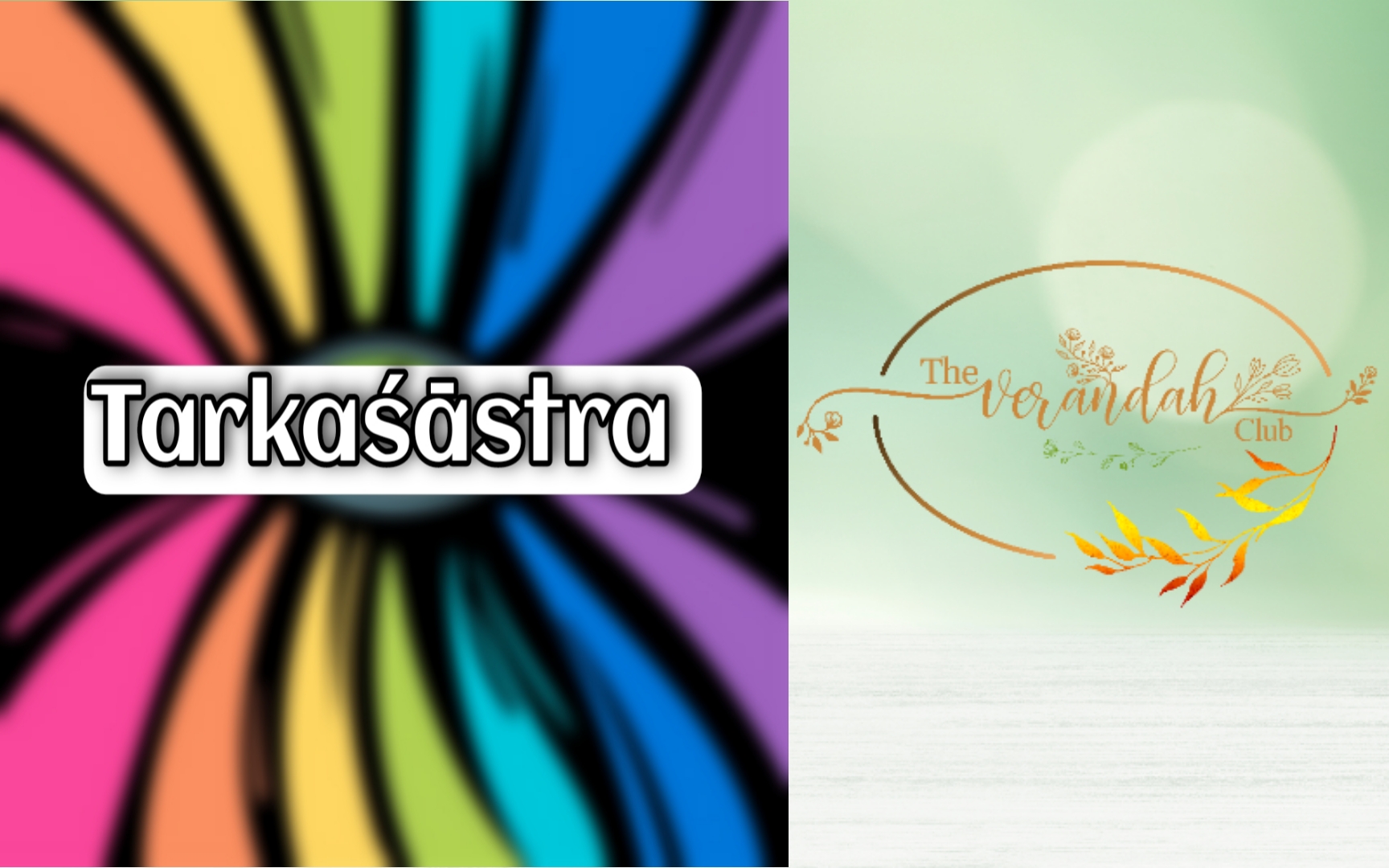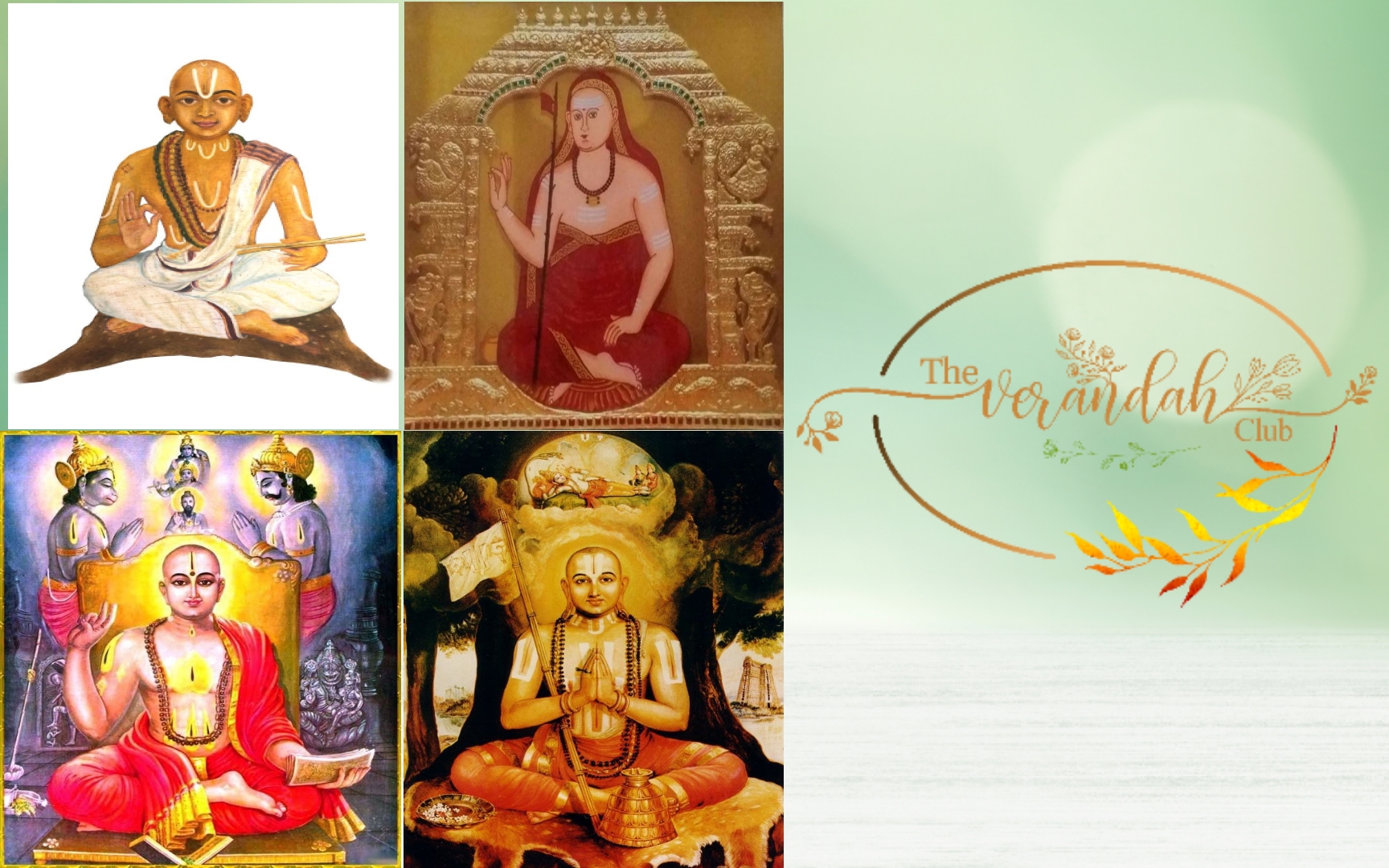
Etiquettes of a Formal Debate
Debates have been a part of Indic culture. Centers like Naimiṣāraṇya were known for debates and discussions. Ādi Śaṅkarā had a famous debate with the eighth century Hindu philosopher, Maṇḍana Miśra. This scholar was adept in Mīmāmsā and Advaita. Śaṅkarā sought the way to the residence of Maṇḍana Miśra in order to enter a debate with him. The directions given were as follows,
“You will find a home at whose gates there are a number of caged parrots discussing abstract topics like – do the Vedas have self-validity, or do they depend on some external authority for their validity? Are Karmas capable of yielding their fruits directly, or do they require the intervention of God to do so. Is the world eternal, or is it a mere appearance? Wherever you find such caged parrots discussing such abstruse philosophical problems, you will know that you have reached the residence of Maṇḍana Miśra.”
Finally, Maṇḍana Miśra was upset on seeing Śaṅkarā for it happened to be the Memorial Day of his father. It was considered to be inauspicious to meet an ascetic on such a day. Maṇḍana attacked Śaṅkarā with insults and the great philosopher replied to every attack with word play. The people around Maṇḍana understood that Śaṅkarā was extremely brilliant, and this made them advice Maṇḍana Miśra to offer his respect. It was after an initial verbal duel that Maṇḍana Miśra agreed to debate with Śaṅkarā.
Ubhaya Bhāratī, the wife of Maṇḍana Miśra was considered to be an incarnation of Goddess Sarasvatī in the folk lore of Mithilā and it was agreed that she would be the umpire for the match. Śaṅkarā won the debate and Maṇḍana Miśra became his disciple with the title, Sureśvarācārya. Later, Sureśvarācārya was made to assume the leadership of the Śringerī Maṭh.
It was a custom those days to join the camp of the victor and people involved in the healthy debates those times adhered to norms. The parties involving in the debate had to maintain calmness and were prohibited from using harsh language. The posture, body language and approach were especially important. Participants in a debate had to behave in a friendly manner before and after the debate. The cheer groups on either side had to maintain decorum. Both the debaters would be made to sit on a decent seat and would be garlanded.
The participants had to state their subject and also the boundaries within which they would argue. Deviations would cast a negative spell and repeated deviations would disqualify the person doing so. The jury would consist of eminent scholars, but these debates would finally lead to the loser himself/herself admitting defeat. Both the debaters would be introduced in the best manner possible and the details of their earlier titles, books, teachers, and achievements would be shared at the very start. The debaters would have to compulsorily address each other in the most respectable manner possible.

‘Tarkaśāstra’ is the Sanskrit term for the philosophy of dialectics, logic, reasoning, and the art of debating which collectively analyze the nature, source of knowledge and the collected testimonials. ‘Śāstra’ in Sanskrit means the one which gives, teaching, instruction or command while ‘Tarka’ means debate. There are four principle Śāstra-s, Vyākarṇa, Mīmāmsā, Tarka, and Vedanta. Tarka Śāstra talks about Pūrva Pakṣa and Aparā Pakṣa. The one who raises the point belongs to the Pūrva Pakṣa and the opponent is Aparā Pakṣa. Once the debate starts each one tries to get his point validated through references.
The meaning of the word Tarka is clear, and it does not imply a pure, logical analysis but a complex activity of discourse guided by strict definitions and goals. Tarka can be called as ‘hypothetical argument’ in English. It is the process of questioning and cross questioning that leads to a conclusion. This form of supposition can be used as an aid to attain valid knowledge. Let us recall some of the popular scholars who were well-versed in Tarkaśāstra, Ādi Śaṅkarā, Udyotakara, Vācaspati Miśra, Ramānujācārya, Udayanācārya, Jeyanta Bhaṭṭa, Mādhvācārya, Viśvanātha Cakravartī, Rādhāmohana Gosvāmī, Kumaran Āsān, Patiyūr Kṛṣṇa Śāstrī, and Sengālīpuraṁ Anantarāma Dīkṣitar. The text, ‘Tarkasaṅgrahaḥ’ is used as a foundational text for logic and discourse over the last 350 years.
Debates took place between various schools of philosophical thought. Some debates were based on ideas connected with Math or Science. Many of the debaters excelled in language, behavior, and etiquette. They were known to be steadfast in all their pursuits. The whole village/town would look forward to these debates. Citizens would be at their best on such moments. Debaters would arrive either by walk, by bullock cart, or by palanquin. Knowledgeable disciples of such debaters would be the palanquin bearers.

Several scholars like Vedānta Deśika, Vidyāraṇya, would take part in debates. Several followers of Mādhvācārya and Ramānuja had excelled in the debates. Knowledge of language, grammar and word play would come to the aide of the debaters. The debaters would take adequate rest and eat appropriate food in order to stay healthy during the course of the debate, for a debate may last several days. India was famous for such duels and single combats from time immemorial. These debates that were undertaken by Saint Vijayendra were akin to such single combats.
The DNA of these debaters has passed down over the centuries. Today, several of them are intelligent advocates, and parliamentarians. They are much sought after. The debates that we see on television between people propounding opposite ideologies or ideas have lost the essence that existed earlier. We frequently find people talking out of turn or screening. Worst still is the time when one asks the other to shut up. Western education and liberal thought were meant to imbibe good qualities. Alas! They provided the contrary.
The western world underwent changes only after renaissance. This took place due to the repeated incidents of plague. Self-inquiry and debating were more pronounced much later when compared to India. Though India has been ridiculed as a country of black magicians and snake charmers, it has excelled in the areas connected with Self-realization and acquisition of knowledge through debating. The decent manner with which opponents charged at each other has been result of tasks put in over thousands of years.
The liberal society may counter the Indian skills with the thought processes and debates that existed around the Mediterranean. However, they failed to understand that those who articulated debates were not connected with moral uprightness. The debates of such kind were meant to trample upon the freedom of others under the garb of liberty. Besides all these, the ethics, the personal life, and the moral values of the debaters were given least importance in the west. On the contrary, the conditions of a good debate, and the debate etiquette of India ensured that all of this were covered, and nothing was ever given a go by.
A debate meant that decency, decorum, friendship, fellowship, good values, and culture proceeded victory. The etiquette of a winner used to be praiseworthy, for a winner would ensure that the opponent was never humiliated. The debates of the earlier days ensured that it was not just the victory of the winner but also a victory for the culture and tradition of this ancient land. The debate etiquette of India can become a subject for an infinite number of doctoral thesis.
NEXT ARTICLE